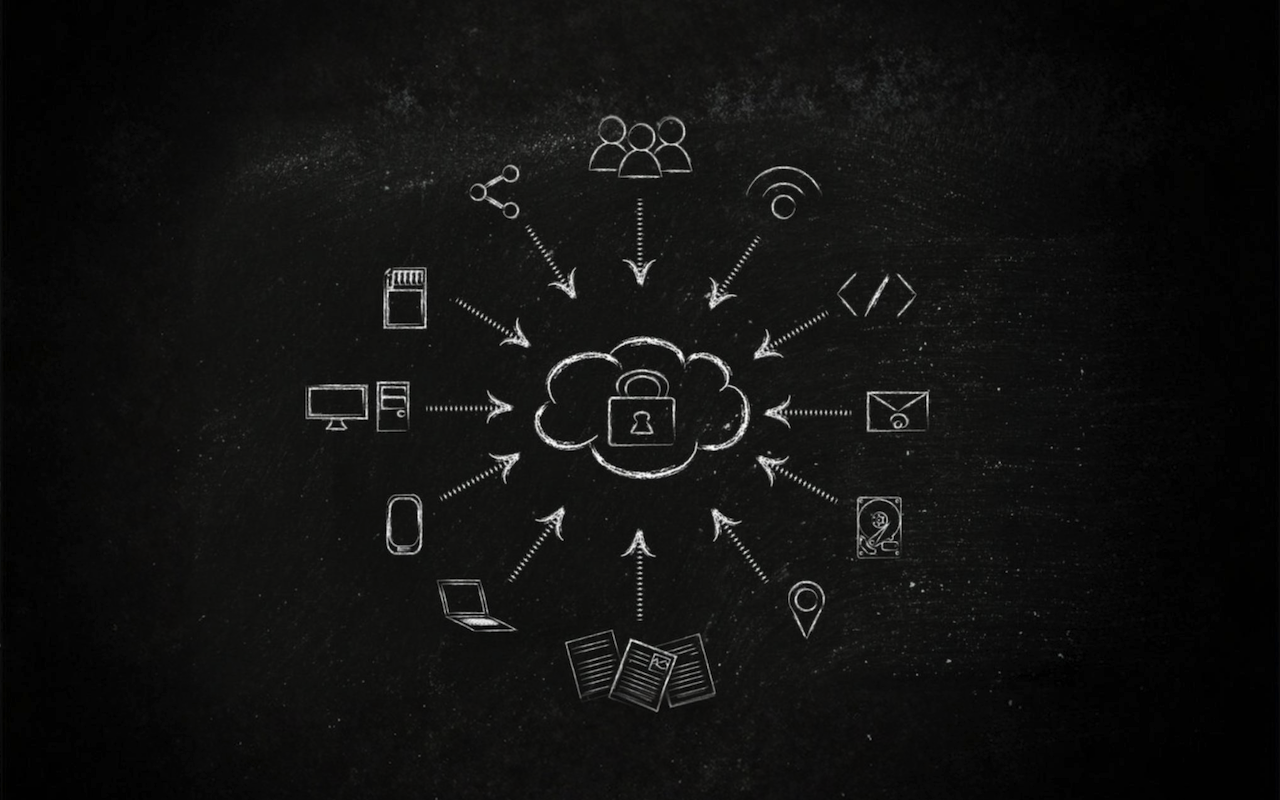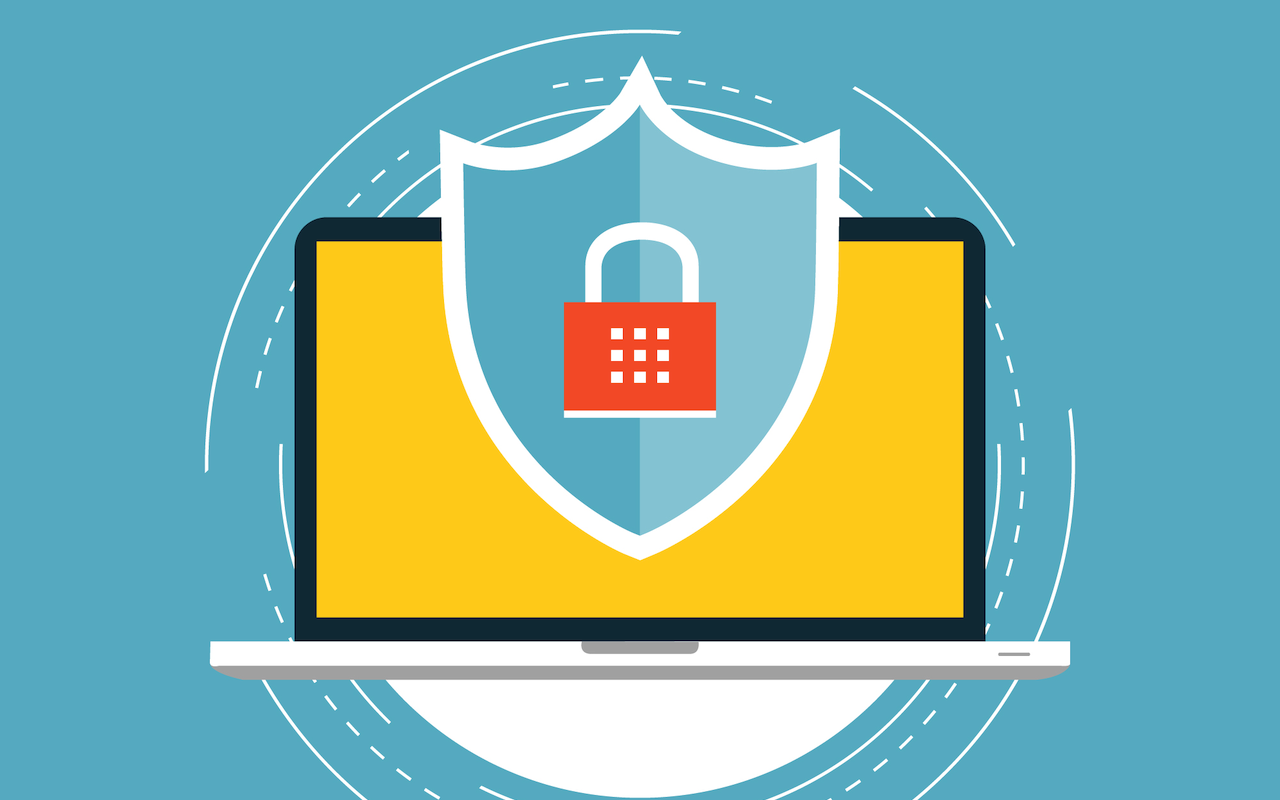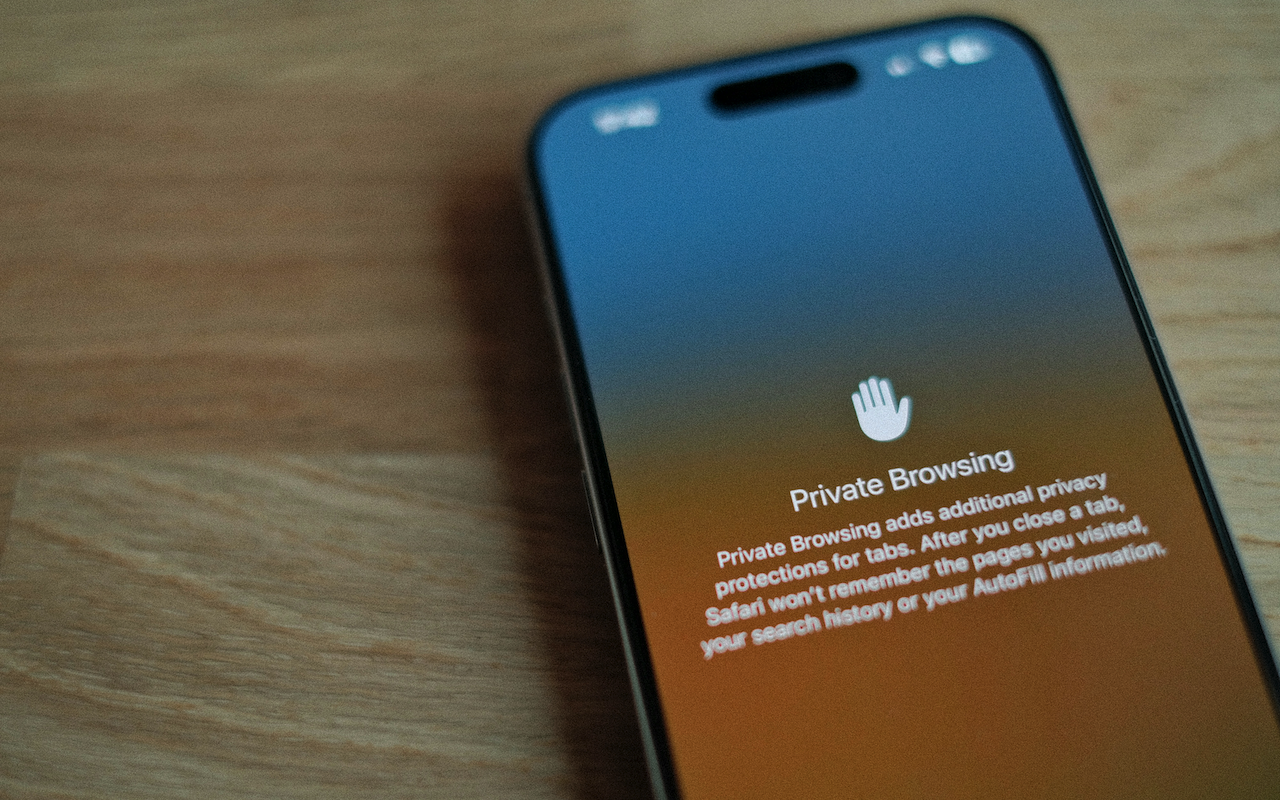
Sharing and receiving information has changed significantly because of social media, but with all this convenience comes greater privacy concerns. Even though features like Stories and other temporary content were meant to help people share moments, they leave behind a digital trail. Because of this, many users look for ways to browse content without leaving any trace. Story viewer tools for social media have become an effective solution, allowing users to view content anonymously, protecting their online privacy and giving them more control over their digital interactions.









